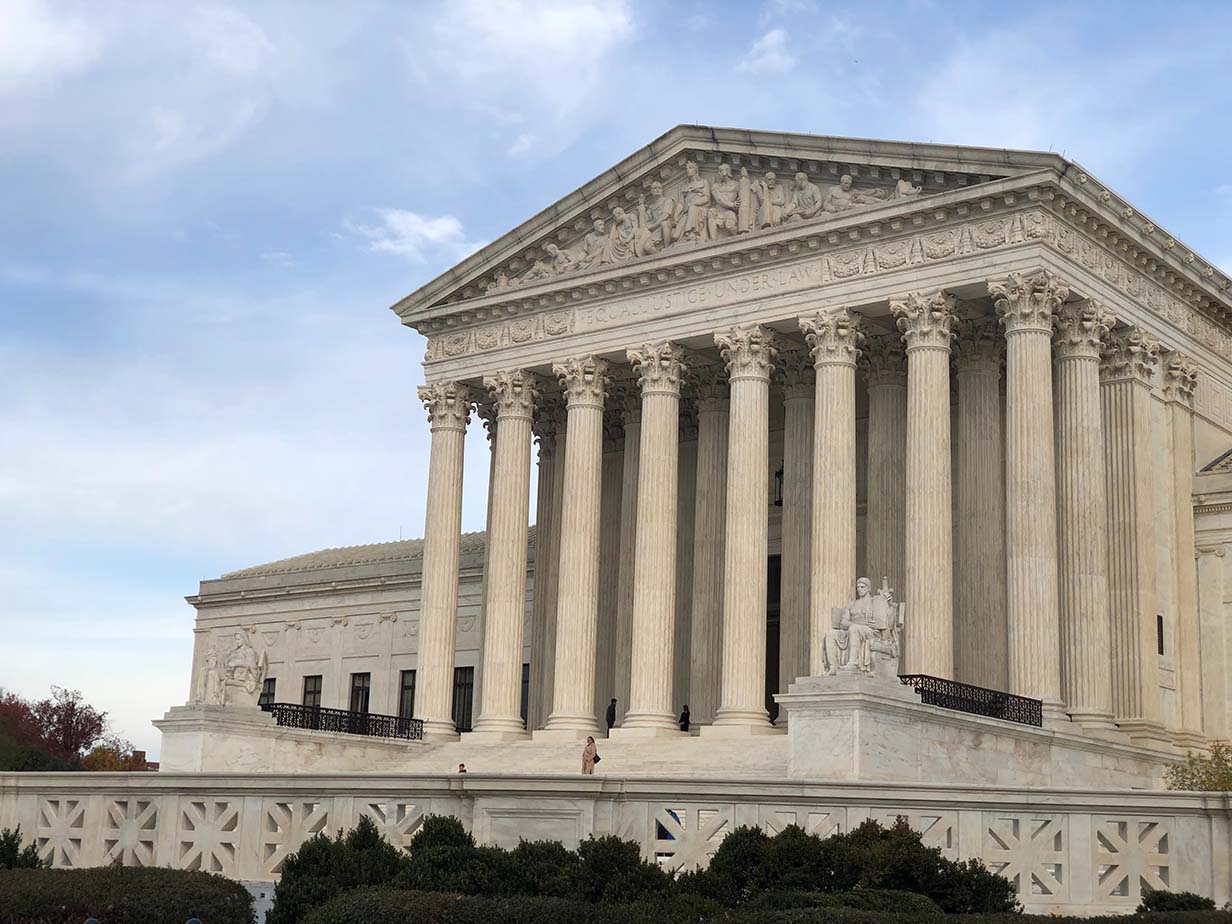
D.C. Court of Appeals Affirms CRB’s Finding That There is No Apportionment of PPD Schedule Awards
Howard University Hospital, et al. v. Department of Employment Services
(District of Columbia Court of Appeals, January 27, 2022)
On January 27, 2022, the District of Columbia Court of Appeals (“DCCA”) issued a decision holding that the Worker’s Compensation Act does not allow apportionment of scheduled PPD awards.
The DCCA noted that under the statute, employees are entitled to receive the full amount of PPD in a scheduled award. If apportionment was allowed, the employee would be entitled to less than the full award. The DCCA stated that this would be a major shift in workers’ compensation law and pointed to the long-settled rule that aggravation of a preexisting condition may constitute a compensable injury under the Workers’ Compensation Act. Permitting apportionment would undermine this settled rule. The DCCA found no support in the legislative history to create such a significant change in the WCA act.
The DCCA made clear that while holding apportionment of a PPD award is not permitted under the Workers’ Compensation Act, a claimant is not entitled to double recovery. In Howard University Hospital v. District of Columbia Department of Employment Services (May 21, 2020) the Compensation Review Board, previously held that the employer was entitled to a dollar-for-dollar credit for any previous PPD payments the claimant had received from the same employer. This credit was not addressed or disturbed in the recent DCCA.
This decision tells us that without legislative action, apportionment is not permitted in PPD awards when the claimant has a pre-existing degenerative condition or injury made worse by a subsequent work injury. Moving forward, we will be monitoring how the dollar-for-dollar credit for previous PPD payments is implemented by the Administrative Hearings Division and the Compensation Review Board, including whether the dollar-for-dollar credit for previous PPD payments applies in claims that were resolved through settlements or other payments in cases outside of workers’ compensation, such as liability settlements and verdicts.
